Is Protein Powder Easy to Digest? (And Which Type Is Best)
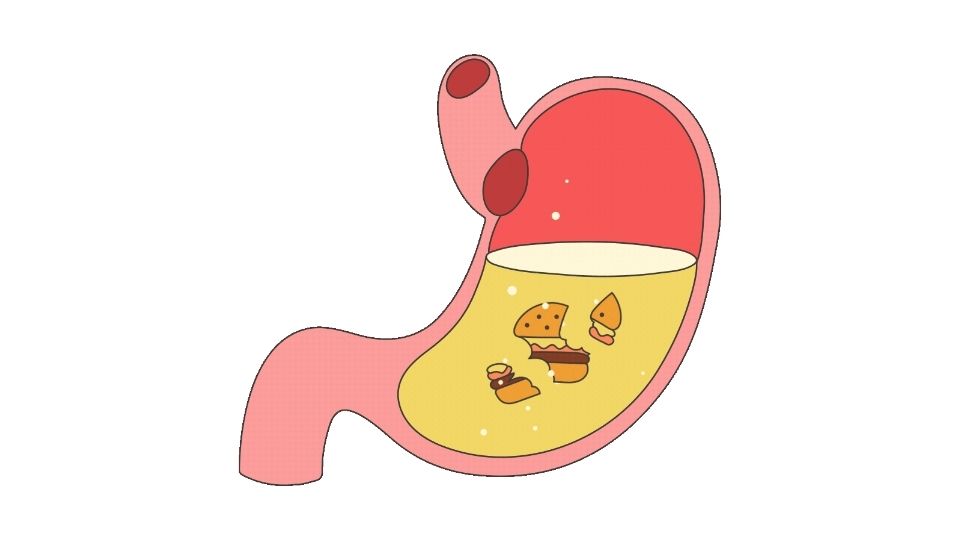
Protein powder is actually pretty digestible—but it really depends on what type you’re using.
If you’re scooping whey protein into your shaker bottle, you’re getting one of the most digestible proteins on the planet. But if you’re on the plant-based train with pea or rice protein, your body might have to work a little harder to break it down.
So what’s the real deal with protein powder digestibility? And more importantly, is your body actually using all that expensive powder you’re buying?
Let’s break down the science (pun intended) without the marketing hype or broscience you’ll find on Instagram.
Is Your Protein Powder Actually Being Digested?
Here’s a question I get asked all the time: “Does protein powder just go right through you?”
The short answer? No, your body doesn’t just poop out your protein shake (sorry for the visual).
But the complete answer is more nuanced. Some protein powders are definitely more digestible than others.
Animal vs. Plant Protein: The Digestibility Battle
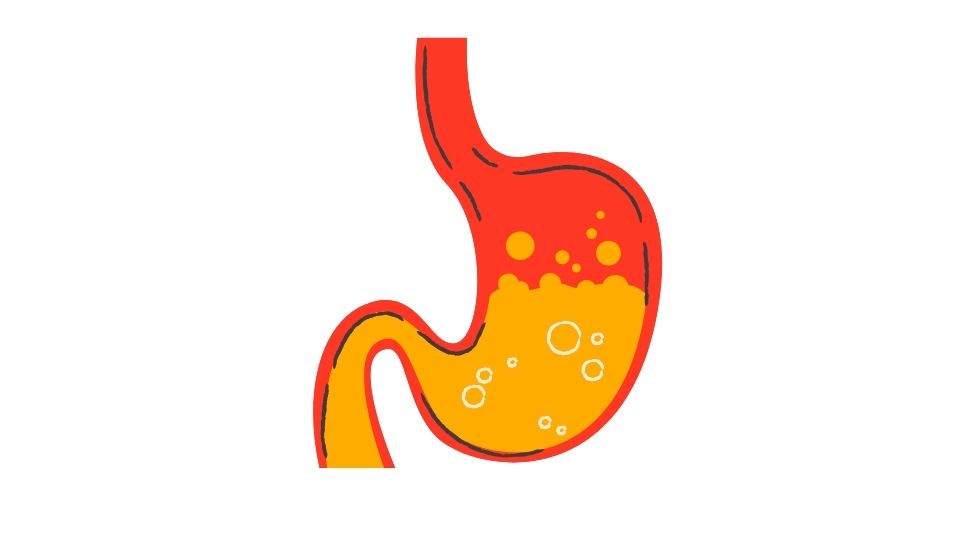
Animal-based protein powders (especially whey) are the digestibility champions. Your body can absorb more than 90% of whey protein isolate because it’s basically pre-digested milk protein that dissolves instantly in your gut.
Plant proteins? Not so much. They typically range between 47-81% digestibility. Why? Because plants don’t really want to be eaten! They’ve evolved with fibrous cell walls and other compounds that make their proteins harder to access.
Consider this breakdown:
- Whey protein (animal): 90%+ digestibility
- Casein (animal): 85-90% digestibility
- Pea protein (plant): 70-80% digestibility
- Rice protein (plant): 60-70% digestibility
- Hemp protein (plant): 50-60% digestibility
But don’t worry, plant-protein people—there’s hope! Scientists are developing enzymatic treatments that can boost plant protein digestibility by breaking down those tough plant structures before they hit your stomach.
What Actually Happens When You Drink a Protein Shake?
When you slam that post-workout shake, here’s what goes down (literally):
- The protein enters your stomach, where acidic conditions start breaking it down
- It moves to your small intestine, where digestive enzymes chop it into amino acids
- These amino acids are absorbed through your intestinal wall into your bloodstream
- Your blood carries them to muscles and other tissues that need protein
But like I said, this process isn’t equally efficient for all protein powders.
Factors That Affect Your Protein Powder’s Digestibility
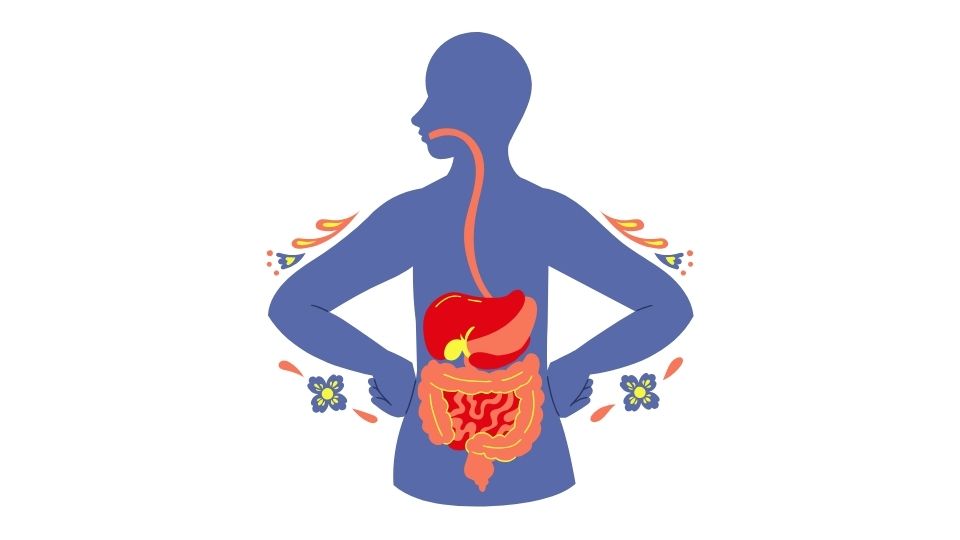
1. Processing Methods Matter
How your protein powder is made has a huge impact on digestibility.
Hydrolyzed proteins are pre-digested using enzymes, making them easier and faster to absorb. They’re like the protein equivalent of taking the elevator instead of the stairs—they get to your muscles with minimal effort.
Heat processing can also affect digestibility. Some studies show that excessive heat treatment can reduce protein quality and make it harder for your body to use.
2. What Else Is In Your Powder?
That protein powder label lists a lot more than just protein, right?
All those extras—sweeteners, thickeners, flavors, fiber—can affect how well your body processes the protein.
Fiber especially can slow protein digestion. That’s why many plant proteins, which naturally contain more fiber, are absorbed more slowly than animal proteins.
3. Your Personal Digestive Superpower (or Lack Thereof)
Everyone’s digestive system is different. Some people can handle any protein powder without issues, while others… well, let’s just say the post-shake bathroom visits are legendary.
If you have any of these, your protein digestibility might be compromised:
- Lactose intolerance
- IBS or other digestive disorders
- Low stomach acid
- Enzyme deficiencies
Signs Your Protein Isn’t Being Properly Digested
How do you know if your body is struggling with your protein powder? Watch for these signs:
- Gas and bloating (the most common complaint)
- Stomach cramps after consumption
- Diarrhea or unusually loose stools
- Feeling unusually full for hours after your shake
If you’re experiencing these symptoms, your protein might be passing through without being fully broken down and absorbed.
How to Maximize Your Protein Powder Digestibility
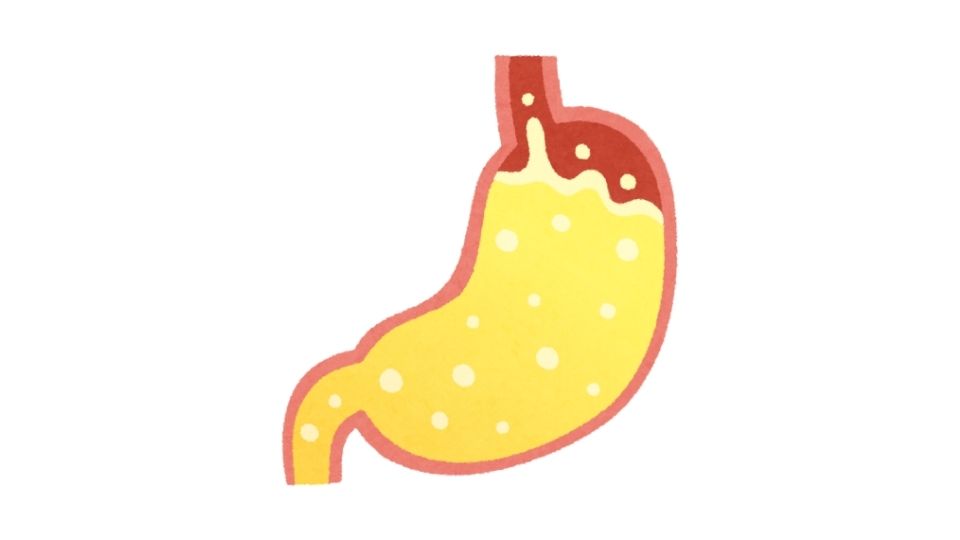
Want to make sure you’re getting the most from your protein powder investment? Here are some practical tips:
Choose the Right Type for Your Body
If whey gives you digestive issues, don’t force it! Options to consider:
- Whey isolate (has less lactose than concentrate)
- Egg white protein (highly digestible animal protein without dairy)
- Hydrolyzed plant proteins (pre-digested for better absorption)
- Blended plant proteins (different amino acid profiles complement each other)
Add Digestive Enzymes
Many premium protein powders now include digestive enzymes like protease, bromelain, or papain. These help break down protein into smaller, more absorbable pieces.
You can also take enzyme supplements separately if your protein doesn’t include them.
Timing Matters
When you take your protein can affect how well it’s absorbed:
- Post-workout: Your body is primed to absorb nutrients after exercise
- Between meals: Less competition with other foods for digestive resources
- Before bed: Slower-digesting proteins (like casein) work well here
Mix It Properly
Those stubborn clumps in your shaker cup aren’t just annoying—they’re harder to digest!
Blend thoroughly using a blender or good shaker bottle with a mixing ball. This increases the surface area for digestive enzymes to work on.
The Bottom Line on Protein Powder Digestibility
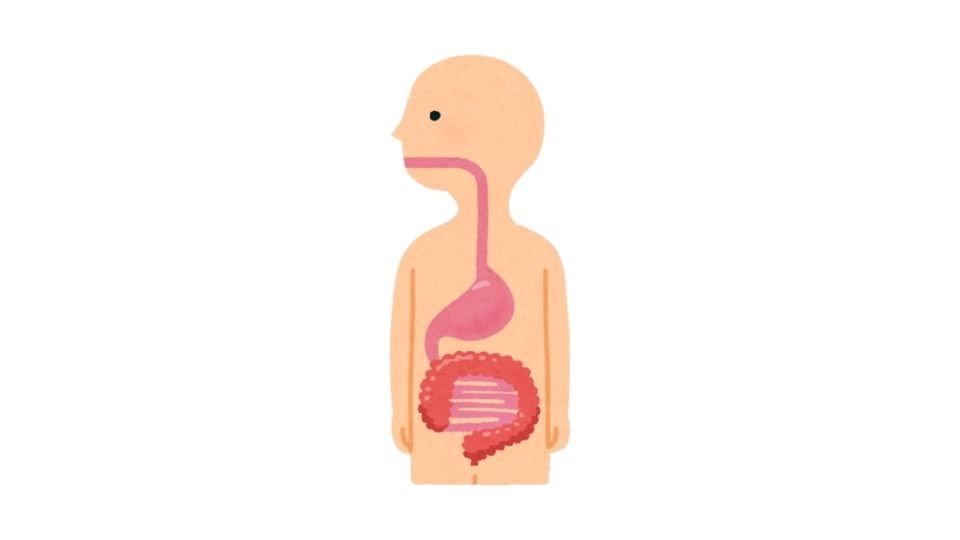
Most protein powders are reasonably digestible, but quality and source make a big difference.
Animal proteins like whey are generally more digestible than plant proteins, but advances in food science are narrowing that gap.
Your personal digestive system also plays a huge role. What works for your gym buddy might not work for you.
The protein powder that’s most digestible for you is the one that:
- Doesn’t cause digestive distress
- Fits your dietary preferences and restrictions
- Contains minimal additives and fillers
- Works with your lifestyle and budget
Remember, even the most digestible protein powder in the world won’t build muscle if you can’t stomach drinking it!
So find one that your body processes well AND that you actually enjoy. Your gains (and your gut) will thank you.
Oh, and if you’re still having issues with protein powders, maybe try getting more of your protein from whole food sources. Sometimes the old-school approach of actual food is still the best solution!

